In addition to providing guidance on regulated industries such as cannabis, Brand & Branch LLP regularly advises clients on matters related to industrial hemp, including cross-border licensing for trade secrets and brands used with hemp-derived CBD products. See one of our previous posts on hemp here.
This post is an introduction to six things you should know about SB 1409, a new California law that opens up industrial hemp production in the state by expanding the allowable parameters of hemp cultivation, among other things. The law goes into effect on January 1, 2019. Here’s what you need to be aware of so you’re ready for the change.
1. It removes the prohibition on cultivating hemp, allowing hemp to be grown for extracts and whole plant use.
SB 1495 changes how industrial hemp is classified under state law. The definition of hemp will no longer be subject to the California Uniform Controlled Substances Act. Although the clandestine cultivation of industrial hemp is still prohibited, this new law removes the prohibition on pruning, tending, and culling industrial hemp. Under the new definition, hemp may now be grown for whole plant use and for extracts, including CBD extraction. This change is especially notable in light of previous FDA guidance on the lawfulness of CBD in food products and subsequent enforcement efforts.
2. It allows new sources of hemp cultivation and reopens the seed cultivar registration list.
The new law allows hemp to be grown by propagation with clones obtained from a registered cultivar. This is a change from existing law, which requires hemp to be grown from seed acquired from a registered seed cultivar who was certified prior to 2013. New parties may now become registered seed cultivars, whereas previously no one could become a seed cultivar after 2013. The new law also tasks the California Department of Food & Agriculture (CDFA) with creating regulations with criteria for becoming a registered seed cultivar.
3. It gives CDFA authority to regulate the hemp program.
The new law gives CDFA the authority to establish, regulate, and carry out an agricultural pilot program under the federal Farm Bill. Cultivators are required to register with their county prior to growing; there will be a fee for registration. It remains to be seen how the expiration of the Farm Bill will affect this provision. We don’t yet have any details on the program—stay tuned for further updates.
4. Acreage limitations persist under the new law.
There is still a cap of one-tenth of an acre for each hemp grow site.
5. It adjusts testing rules.
Growers must now get a sample tested no fewer than 30 days before harvest to ensure the crop is less than 0.3% THC. The CDFA will issue regulations to determine the sample size and which parts of the plant are to be tested; this is a change from the previous law which specifically stated which parts of the plant were to be collected for sampling prior to harvest, but which did not give a specific time frame.
Testing provisions remain largely the same: if the sample shows THC is greater than 0.3% but less than 1%, the grower submits additional samples for testing; if THC exceeds 1%, or if the second testing of additional samples again shows THC greater than 0.3%, the crop must be destroyed. The testing lab must be approved by CDFA.
6. There is no effect on established agricultural research institutions under the Farm Bill.
This law does not affect the ability of established agricultural research institutions to grow industrial hemp under the federal Farm Bill. Such institutions are exempted from certain testing criteria and the acreage cap. However, they must now provide GPS coordinates before growing hemp. Although the Farm Bill has expired and is under renegotiation in Congress, established programs persist in the interim and are allowed to continue their operations.
This law represents and exciting first step towards a robust regulated hemp industry in California, but many aspects still remain uncertain, and the state’s recently-issued ban on CBD in food and beverages remains intact. It also remains to be seen how the regulation of industrial hemp will overlap with the regulation of cannabis, and whether the same company may participate in both hemp and cannabis supply chains.
To learn more about industrial hemp, or licensing your brand to a cultivator or manufacturer of industrial hemp products, get in touch with us.
